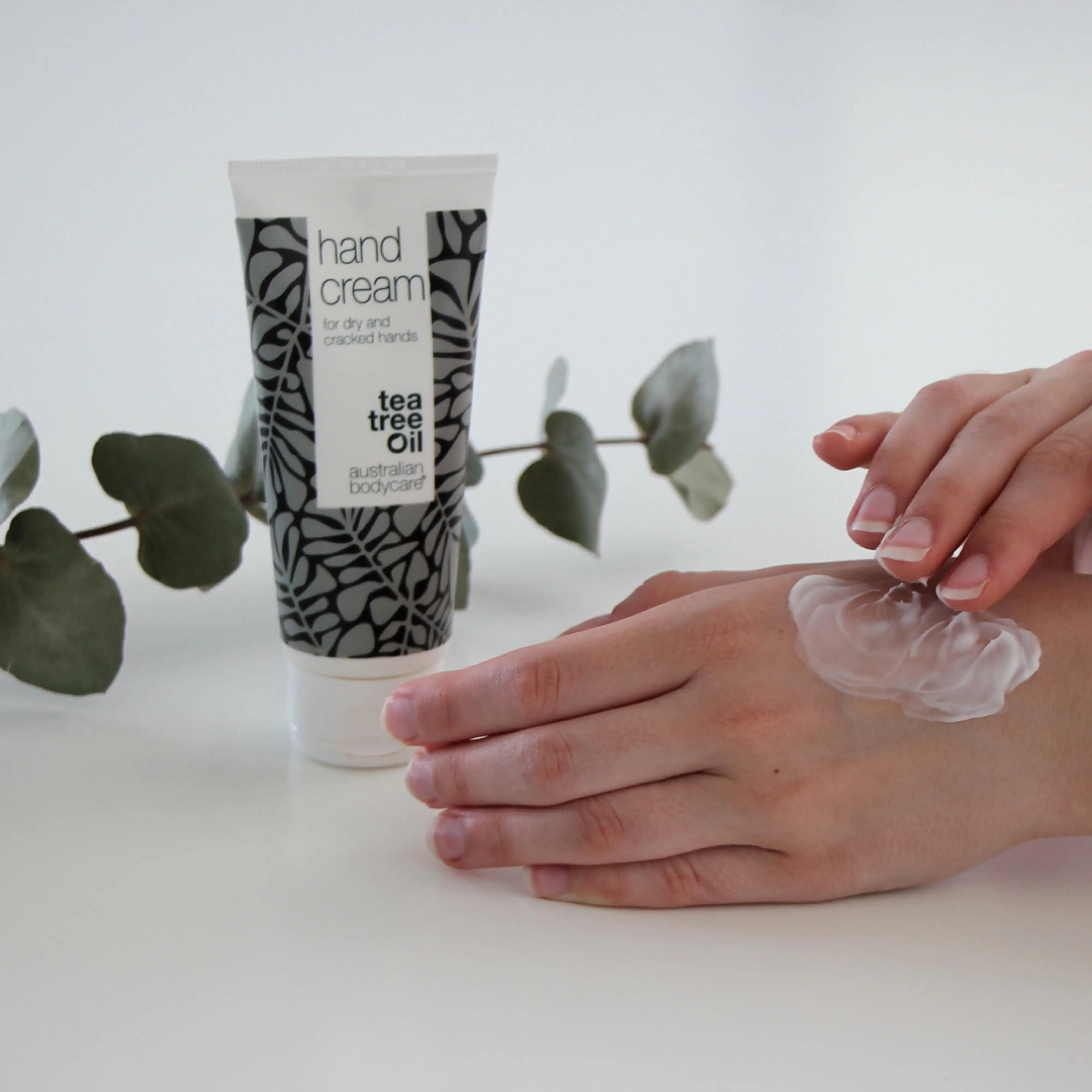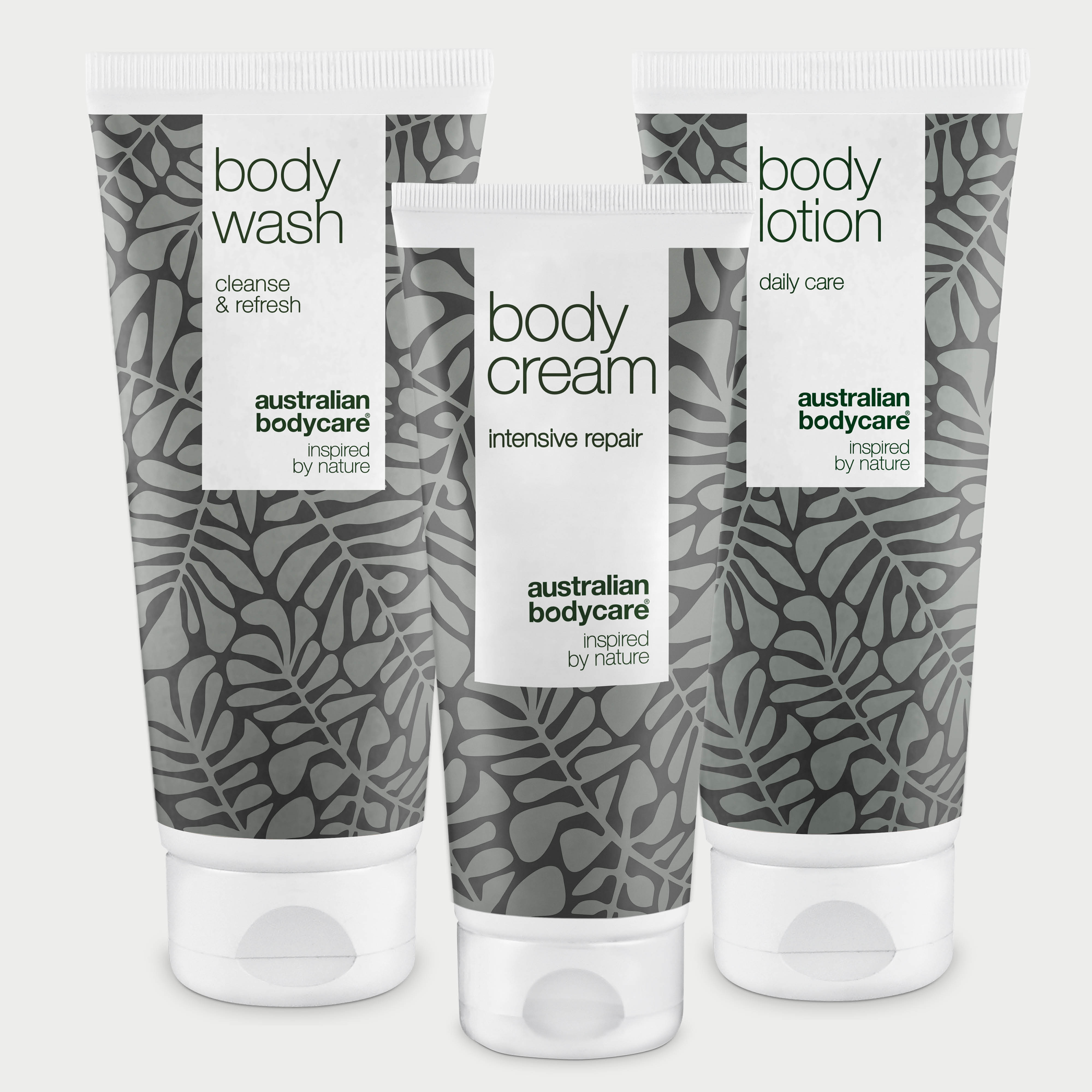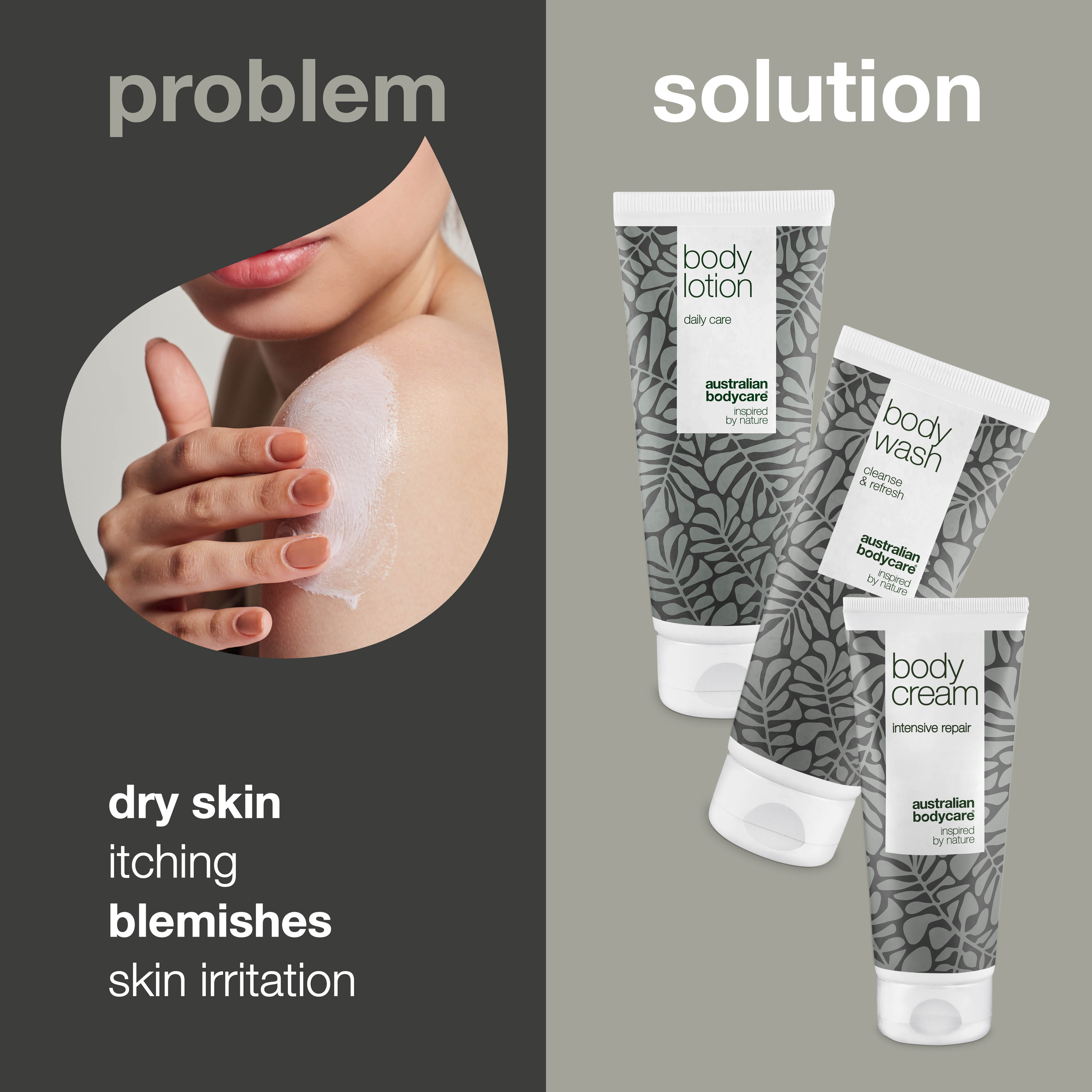Thrush on the skin – why do you get thrush on the skin and what can you do about it?
Thrush is a troublesome problem for many people - both men and women. It can appear on many parts of the body, from the feet to the face and scalp. A fungal infection on the skin causes both physical and psychological discomfort, which is why it is important to get rid of the fungus as soon as possible.
Fortunately, there are good opportunities for this with the right treatment of thrush.
Table of contents
What is thrush on the skin?
Skin fungus is a normal condition for many girls, boys, men and women of all ages. But that doesn't make the problem any less troublesome. When the skin becomes infected with fungus, the infection typically occurs in the outer layers of the skin. Broadly speaking, there are two types of fungi that can infect your skin. One is yeasts and the other is dermatophytes.
Yeasts are present on any normal skin, but only in very limited quantities. However, when given favourable conditions to grow, it will flourish and give the skin what we know as fungus.
Skin fungus is also sometimes called scaly skin because the skin can develop large or small ring-shaped patches with a scaly edge.
Infection with the Candida fungus causes scaling with red patches. The patches often have a whitening in the centre and small blisters may also appear. Several of the ring spots may coalesce to form large patches of scaly skin that can look like a map on the skin.
For the Pityrosporum ovale fungus, which is also found in small amounts on normal skin, the spots may instead appear as white or yellow-brownish scaly patches.
What does thrush on the skin feel like?
Skin thrush is an extremely bothersome condition that causes both physical and psychological discomfort. Not only can the fungus cause skin irritation, mild pain and itching, but it also becomes a cosmetic problem for both men and women.
This can lead to problems with appearing in public while the fungal infection is ongoing - and it therefore sometimes becomes a social problem for many people. The discomfort of itching can be hard to ignore.
Because when we itch, we usually scratch. But when you scratch on fungus-infected skin, it quickly turns into a vicious, itchy circle, where instead of relieving the itching sensation, you're just making it worse.
Is thrush on the skin dangerous?
Itchy, irritated, painful and blotchy skin is a very bothersome condition. However, although fungal skin infections are very unpleasant for the sufferer, they are not dangerous.
However, in rare cases, it can be a sign of an underlying disease, so it is important to treat the fungus as soon as possible to find out if there is another disease causing the fungal rash.
For people with a weakened immune system, the fungal infection can in some cases also lead to more serious diseases - and therefore it is important to be aware that fungus should be treated as soon as possible to reduce the risks of complications for people with a weakened immune system.
This is why you get thrush
The reason for the sudden explosion of the skin's normal amount of fungi can be different, depending on the type of fungus. The most common fungal infection is Candida, which as a fungal infection is known as Candidiasis.
As mentioned above, your skin has a normal amount of Candida fungus on it. But if the skin is constantly moisturised, the fungus has good conditions to multiply and cause a real fungal infection. Fungus grows particularly well in moist environments, and therefore moist parts of the body are particularly vulnerable. This applies, for example, to the armpits, the area under the breasts and the crotch. But the infection can occur anywhere on the body.
A normal, healthy skin barrier is strong enough to keep the fungus at bay, but if the skin is weak and damaged, it paves the way for the fungus to overgrow. The skin fungus spreads in the stratum corneum - the outermost layer of the skin. The fungus develops enzymes that effectively dissolve the outer layer of skin, creating favourable conditions for it to multiply.
The occurrence of fungal skin infections is often linked to poor hygiene and a weakened immune system, for example in the case of HIV or the connective tissue disease Lupus. However, fungal skin infections are also typically associated with hormonal imbalances such as pregnancy and antibiotic treatment. This is because antibiotic treatment affects the skin's flora of microorganisms and can therefore favour the growth of Candida fungi.
Moist skin feeds fungal infections, which is why professional athletes who spend many hours a day drenched in sweat are particularly vulnerable to fungal skin infections.
Is thrush contagious?
Thrush on the skin can be contagious. It depends on the type of fungus. For example, human-to-human transmission often occurs in moist environments. This can be through a damp towel, the floor of the bathroom or swimming pool, or through close physical contact.
However, skin fungus can also be transmitted from animals to humans. This is most often through close contact with dander from dogs, cats, calves or guinea pigs. Both animals and humans need to be treated for fungus.
Whether or not you are susceptible to contracting the fungal infection is an individual matter, and factors such as gender, age and immune system play a significant role.
This is how you treat thrush on the skin
If, for some reason, your body has become unbalanced and can no longer hold the natural amounts of fungus in your skin, and it grows into a full-blown fungal infection, you should have your doctor examine you. It can sometimes be difficult to determine the fungal infection yourself, which is why it is important that your doctor does so.
By taking a skin sample and analysing it in the laboratory, your doctor can quickly determine whether you have a fungal skin infection - and if so, which one. It can also give an idea of how you got the fungus.
It is important to get the right treatment so that the fungus does not continue to thrive on your skin. The longer you have a fungal infection on your skin, the harder it can be to get rid of.
Therefore, if you have the slightest suspicion of fungus, you should contact your doctor.
Most fungal infections should be treated with ointments that can be bought in Boots or pharmacies. In severe cases of fungal skin infections, a supplement in the form of a tablet treatment may be required.
However, in most cases, an antifungal ointment will be sufficient if you start treating the fungal infection before it grows further.
Relieve skin irritation and itch
For example, Australian Bodycare Tea Tree Oil Gel effectively fights bacteria thanks to the Australian Tea Tree oil. The oil has antiseptic and antibacterial properties that, in addition to fighting bacteria, soothe and calm dry, irritated and itchy skin and can be used for fungal infections.
The gel's active ingredients are effective. It therefore helps to fight bacteria while maintaining the natural moisture levels of the skin.
Prevent thrush on the skin
Once you have had a fungal skin infection, it can easily return. Therefore, it is particularly important to take precautions to prevent new infections as much as possible.
As fungal skin infections thrive in moist areas, it is first and foremost important to keep humidity to a minimum.
- Wipe sweat off the skin as soon as you can
- Make sure you dry your skin properly with a towel after bath or shower - even between the toes
- Avoid using too fatty creams on the skin - it needs to breathe
- Use loosely fitted clothes so that the skin can breathe - cotton socks and underwear is also recommended
- Avoid touching animals who might have thrush
- Use flip flops when you go to a public swimming pool





